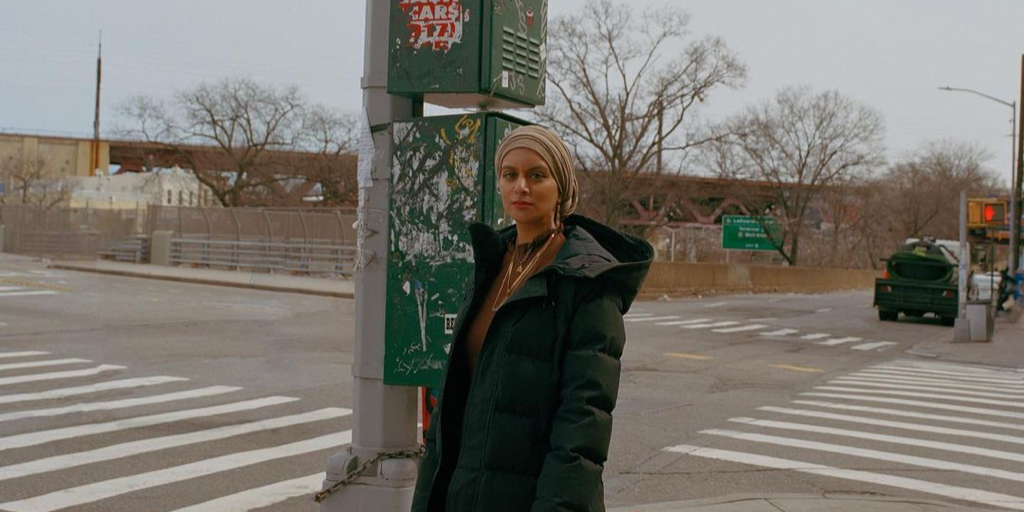One morning, as Rana Abdelhamid was walking through her neighbourhood, an incident took place that would go on to shape her future trajectory. She found herself in a situation that many women globally are all too familiar with, to varying degrees: she was assaulted. A man grabbed her as she made her way down the street, and attempted to pry her veil off. This was not an isolated attack, it was a hate crime. In that moment, the seed that would grow into MALIKAH — a grassroots organisation fighting against gender and hate-based violence — was planted. “We shouldn’t live in a world where we need self-defence,” Abdelhamid tells Egyptian Streets. “We should be in a world where we automatically feel safe. And how do we live in a world where we feel safe?” It is by listening to these marginalised voices, by having strong female representation, and by empowering women. “The purpose of MALIKAH as a power-building organisation, is raising people’s awareness about their rights; raising women’s awareness about the possibility of a world where there is justice and there is safety and we don’t have to fear for…
Rana Abdelhamid: The Egyptian Woman Pushing Feminism Forward Through Self-Defence and Economic Justice
July 26, 2023



